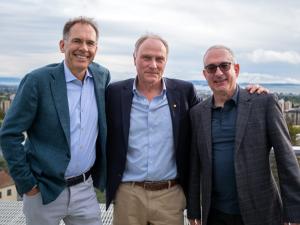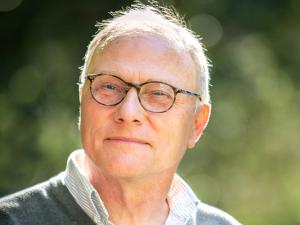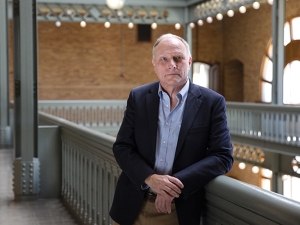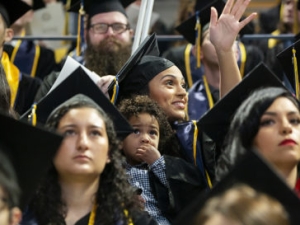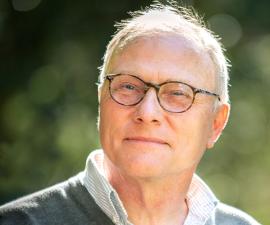

Research Bio
David Card conducts empirical research on a wide range of topics, including immigration, unemployment, gender and race differences, and inequality. He is a fellow of the American Academy of Arts and Sciences, the American Academy of Political and Social Science, the Econometric Society and the Society of Labor Economics, and a previous recipient of the John Bates Clark Prize, the Frisch Medal, the IZA Prize in Labor Economics, and the BBVA Frontiers of Knowledge Award.
Research Expertise and Interest
education, immigration, unemployment, inequality, race and gender, program evaluation
In the News
A Far-Flung Economics Network Celebrates Berkeley Nobel Winner David Card
At Nobel Ceremony, Berkeley Economist David Card Urges Innovation in Research
UC Berkeley’s David Card wins 2021 Nobel Prize in economics
A $15 minimum wage would cost jobs, right? Probably not, economists say
David Card: Debunking myths about the value of education
New Opportunity Lab to focus on policy for poverty, inequality
Featured in the Media
Asking whether manufacturing is special for workers, this Planet Money episode interviews David Card, an economics professor and Nobel laureate, and Jesse Rothstein, professor of public policy and economics, and mentions research by Economics Professor Enrico Moretti.

